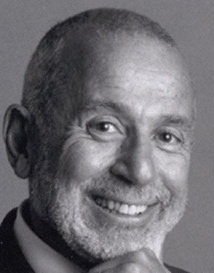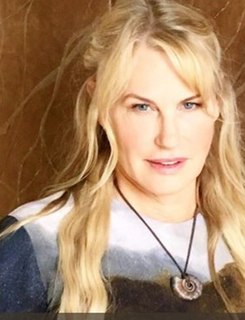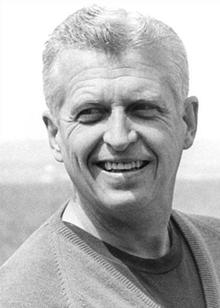A Quote by Naomi Klein
But we need to be very clear: because of our decades of collective denial, no gradual, incremental options are now available to us.
Related Quotes
So we are left with a stark choice: allow climate disruption to change everything about our world, or change pretty much everything about our economy to avoid that fate. But we need to be very clear: because of our decades of collective denial, no gradual, incremental options are now available to us.
For centuries the most powerful argument for God's existence from the physical world was the so-called argument from design: Living things are so beautiful and elegant and so apparently purposeful, they could only have been made by an intelligent designer. But [Charles] Darwin provided a simpler explanation. His way is a gradual, incremental improvement starting from very simple beginnings and working up step by tiny incremental step to more complexity, more elegance, more adaptive perfection.
































